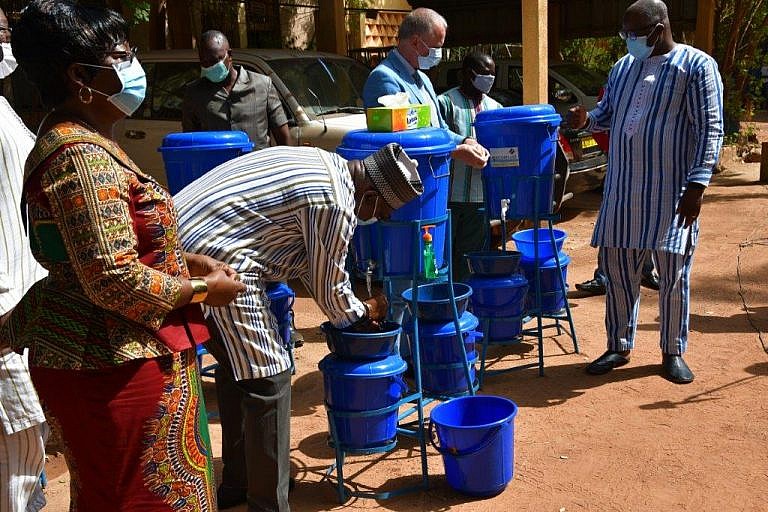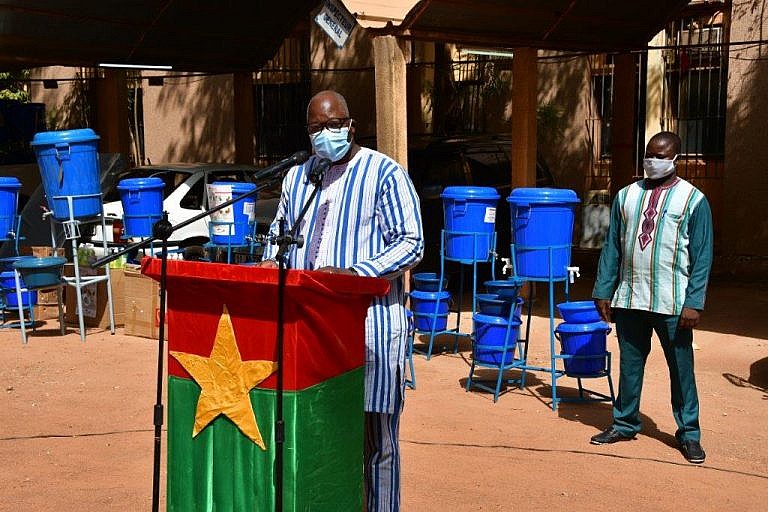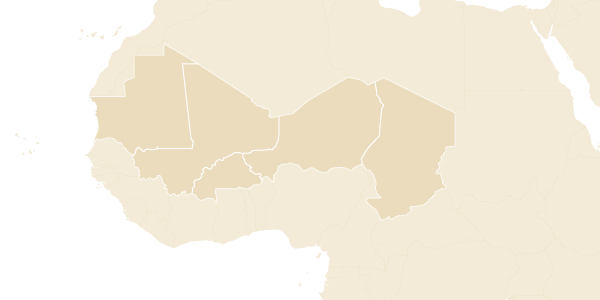Nearly half of the population in Burkina Faso lives below the poverty line. Their access to clean water, education or health care is often not guaranteed. With decentralisation, the Government of Burkina Faso aims to ensure that the development of these basic benefits is designed by local communities, in order to increase the political and socio-economic participation of the population. However, the municipalities do not yet possess sufficient technical and financial capacity to perform these tasks.

The Programme Decentralisation and Municipal Development (PDDC), funded by the German Federal Ministry of Economic Cooperation and Development (BMZ) and implemented by GIZ (2005-2021), supports the implementation of decentralisation in Burkina Faso in four areas.
- Steering decentralisation
The program has been supporting the Ministry of Territorial Administration, Decentralisation and Social Cohesion (MATDC, since January 2021 MATD) in the implementation of the new decentralisation strategy and its monitoring. The National School of Administration and Magistracy (ENAM) is supported in the establishment of a national training system for the benefit of elected officials, devolved technical services and local government officials. The umbrella organizations of the councils and regions (the Association of Municipalities of Burkina Faso (AMBF) and the Association of Regions of Burkina Faso (ARBF)) are strengthened to represent the interests of the local authorities at the central level.
- Local democracy : The program supports local elected officials, civil society representatives and the municipal media to communicate more with citizens, to inform on policy decisions, to make local development planning more participatory and to facilitate accountability to the population. Emphasis is placed on addressing the specific needs of women and girls and on better management of the health sector.
- Training of local actors : The program accompanies a direct exchange between municipalities and devolved technical services through thematic clusters (archiving, public works management, water and health sectors). In addition, Council members and municipal administrative staff are supported to better fulfil their duties as elected officials and municipal officers. In the Eastern Region, the program supports the Regional Institute of Administration (IRA) in improving its offer as regards basic training for local actors.
- Local finance : The MATDC, the Ministry of Economy, Finance and Development (MINEFID), the sectoral ministries (e.g. water, health, education) and the AMBF and ARBF are advised on the introduction of an allocation key for financial transfers from the central state to the local authorities based on their needs. Moreover, the programme accompanies the municipalities and the devolved financial services in increasing the municipalities’ own revenue.

As a result, 21 partner municipalities were able to increase their own revenue by 29% between 2015 and 2019. Furthermore, more than 900.000 citizens participated in political decision-making processes, including 300.000 women. In addition, 26 municipalities improved their civil registration system between 2018 and 2020, to the point that the time required to produce documents was reduced from two weeks to one day on average.
—
To go further:
Burkina Faso


Fields of action


